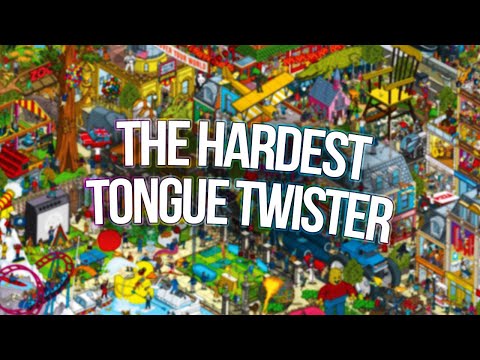10 Signs You Legit Have OCD

10 Things only people with OCD do.
The word OCD is thrown around a lot, but not many of us actually know what obsessive-compulsive disorder really entails. In our video we explain the symptoms of OCD, and discover which celebs have spoken about their experiences. You’ll be amazed what David Beckham does with his soda cans! Learn about this and 10 signs you have OCD.
Do you like things to be symmetrical? Do you wash your hands a lot? How about counting to a certain number? Or constantly checking the doors are locked, like Jessica Alba? These are all associated with OCD, when done to the extreme. You’ll find out more signs to look out for, as well as treatments for OCD if it’s having a significant impact on your life.
What impact can OCD have on relationships and decision-making?
Obsessive-Compulsive Disorder, known as OCD, is a mental health disorder that affects millions of individuals worldwide. OCD is characterized by intrusive thoughts, images, or urges that are unwanted, repetitive, and distressing. Individuals with OCD often feel compelled to engage in repetitive behaviors or mental acts, known as compulsions, to alleviate their anxiety or prevent a perceived harm. While many individuals experience occasional unwanted thoughts or engage in repetitive behaviors, it is important to recognize the signs of OCD in order to seek appropriate treatment. Here are ten signs that you may legit have OCD.
1. Excessive Worrying: If you find yourself constantly worrying about particular events, situations, or people, even if they are unlikely to occur, you may have OCD. Individuals with OCD often have persistent, intrusive thoughts and may spend hours every day trying to manage them.
2. Repetitive Behaviors: Individuals with OCD often engage in repetitive behaviors, such as checking locks or switches, arranging objects, or counting. These compulsions help to temporarily relieve anxiety, but often lead to more anxiety and distress over time.
3. Rituals and Routines: OCD may lead to the development of rituals and routines that individuals feel compelled to perform every day. These rituals may be related to cleanliness, superstitions, or religious beliefs, and can be time-consuming and disruptive to daily life.
4. Fear of Contamination: A common symptom of OCD is an intense fear of contamination or germs. This fear can lead to compulsions like washing hands excessively, avoiding public restrooms or contact with others, or excessive cleaning.
5. Intrusive Thoughts: Individuals with OCD often experience unwanted, intrusive thoughts and images that are repetitive and distressing. These thoughts may be related to harm to oneself or others, or contain sexual, religious or aggressive content.
6. Perfectionism: OCD can lead to an extreme need for perfectionism in one’s work, appearance, or personal life. This can result in excessive worry, time spent on tasks and feelings of anxiety and panic when things do not go as planned or as expected.
7. Difficulty making decisions: Individuals with OCD often struggle with decision-making, as the possibility of making the wrong decision can lead to intense anxiety and worry. This may lead to avoidance of decision making, difficulty initiating tasks or procrastination.
8. Avoidance Behavior: People with OCD may avoid certain situations, objects or people that trigger their anxiety. This may lead to social isolation, difficulties with work or school, and decreased quality of life.
9. Checking Behavior: Common compulsions in individuals with OCD include checking behaviors, such as repeatedly checking doors or locks to ensure they are secure. This can interfere with daily life and lead to heightened anxiety over time.
10. Relationship Struggles: OCD can lead to difficulty in relationships, as the need for control and perfection may interfere with intimacy, communication, and trust.
If you recognize any of these signs in yourself or someone you know, it is imperative to seek professional help to manage OCD symptoms. A combination of therapy and medication can be very effective in treating OCD and improving quality of life. Take the first step and seek help today.
Warning: Trying to access array offset on value of type null in /srv/users/infosearched-network/apps/infosearched-network/public/wp-content/themes/rehub-theme/functions/review_functions.php on line 499
Warning: Trying to access array offset on value of type null in /srv/users/infosearched-network/apps/infosearched-network/public/wp-content/themes/rehub-theme/functions/review_functions.php on line 503









BEST OF The REAL Story Behind Hilarious Internet Memes
Station 19 5×7 Sneak Peek: Ben Pushes Bailey to Fight for Pru
Live PD: Ship Wreck (Season 3) | A&E
Here’s What Tempestt Bledsoe Has Been Up To Since The Cosby Show
Celebs You’d Never Guess Knew Each Other In College